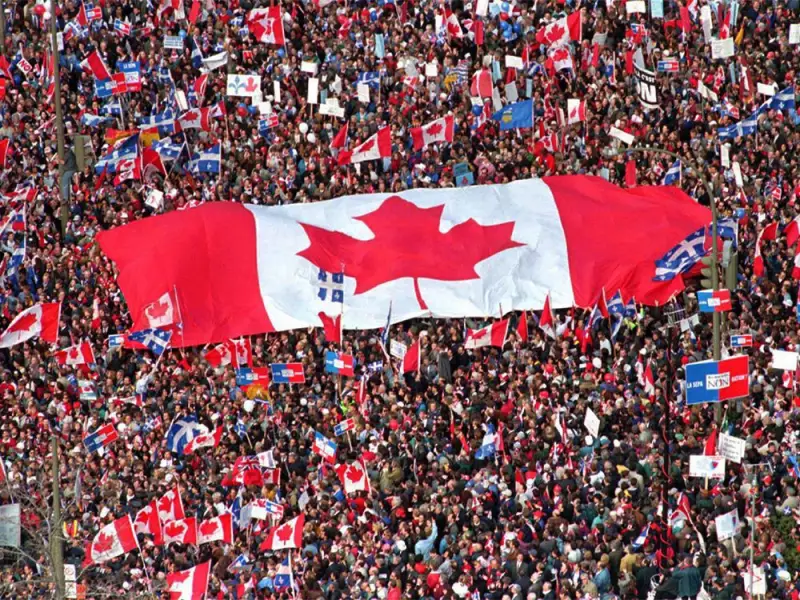
Three decades have passed since Canada held its breath during the 1995 Quebec referendum, when the nation came within a percentage point of fracturing. Yet instead of healing old wounds, the country has developed new fault lines that challenge the very concept of national cohesion.
The Evolving Canadian Landscape
What was once characterized as "two solitudes"—the historic divide between French and English Canada—has transformed into a more complex reality. The 1995 referendum, which saw Quebec sovereignty rejected by a razor-thin 50.58% to 49.42% margin, created lasting scars that continue to influence Canadian politics today.
Beyond French-English Relations
The traditional framework of Canadian unity discussions has expanded dramatically. Western Canada, particularly Alberta and Saskatchewan, now expresses levels of alienation that rival Quebec's historical grievances. The rise of regional discontent has created what some analysts call "three solitudes"—Quebec, Western Canada, and the rest of the country—each with distinct political priorities and perceptions of federalism.
Political Polarization Intensifies
Modern Canadian politics reflects these deepening divisions. The Liberal Party's traditional strength in Quebec has significantly eroded, while conservative movements gain traction in Western provinces. This political realignment has made national consensus increasingly elusive on fundamental issues ranging from energy policy to federal spending.
Demographic Shifts Reshape National Identity
Canada's changing population composition adds another layer of complexity. The country's increasingly diverse urban centers, particularly Toronto and Vancouver, approach national unity through different lenses than traditional French-English frameworks. These demographic changes challenge historical assumptions about what binds Canadians together.
Constitutional Fatigue Sets In
Unlike the period following the 1995 referendum, there's little appetite for grand constitutional negotiations. Both politicians and citizens exhibit what scholars call "constitutional exhaustion"—a weariness with the endless debates about national structure that dominated Canadian politics for decades.
The Digital Age Complicates Unity
Social media and digital news consumption have created echo chambers that reinforce regional perspectives. Canadians in different parts of the country increasingly consume different information and develop divergent understandings of national issues, making shared experiences increasingly rare.
As Canada marks thirty years since its near-breakup, the challenges to national unity have multiplied rather than diminished. The country now navigates multiple overlapping divisions that require more sophisticated approaches than the traditional French-English dialogue that dominated 20th-century politics.





